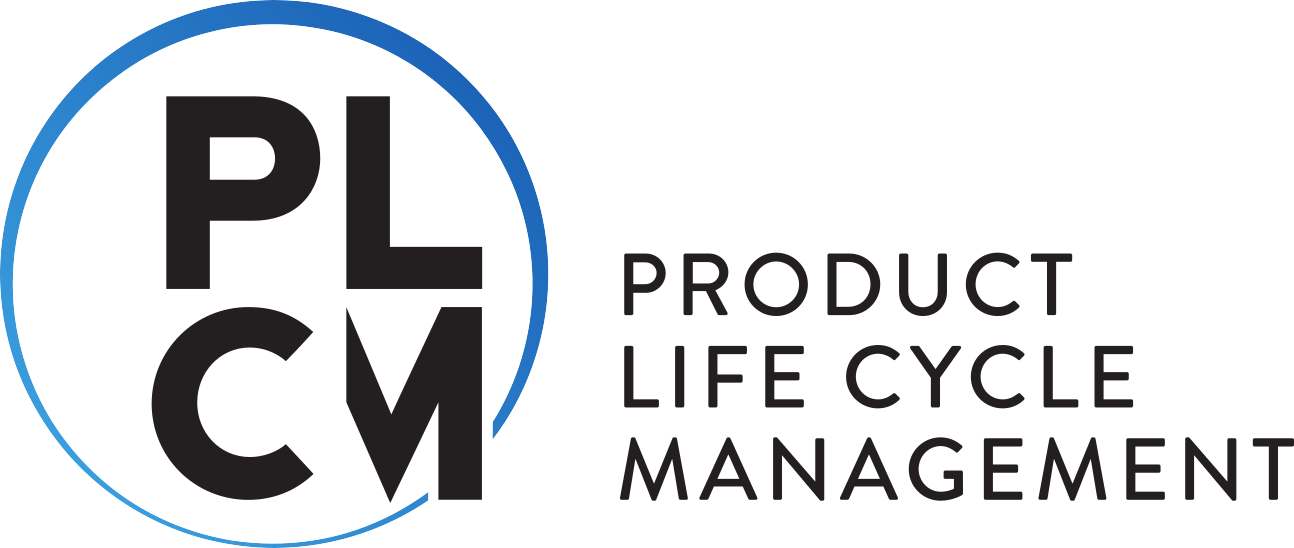MoKoMasch – Modeling of competencies of students of mechanical engineering in construction, design and production technology
General Information
In the course of the BMBF-announcement “competence modeling and competence acquisition within the higher education sector”, the DiK was pleased to hear about the approval of the project MoKoMasch in November 2011. During this three year project, psychology, pedagogic and mechanical engineering project partners from the universities of Darmstadt, Jena and Dortmund will work together on the development, validation and improvement of measuring instruments to form a research, development and transfer association.
In last decade international school system comparisons formed an emphasis on competence research. The area of competence modeling and acquisition in the higher education sector was neglected for the most part in empirical education research. Following the school specified comparison studies in the OECD area (TIMMS, PISA etc.), during the described project first competence modeling, acquisition and validations of mechanical and process engineering students are to be undertaken in the fields of design methods, draft and production technology.
From the perspective of educational policy, this project should offer a basis for the layout of teaching concepts in the higher education sector of engineering, which can be evaluated. This approach strives for quality management in the higher education sector, which reinforces the high significance of German engineering education within international competition as well as ensuring sustainability.
Content
Primary content aim is a first systematical acquisition, structuring and modeling of specialized, beyond specialized and generic competencies in exemplary areas of the mechanical engineering studies. This is done at first with the help of interviews with experts, and later through observations, test and evaluation within the innovative teaching methods such as the process learning factory CIP or the Advanced Design Projects. In comparison to the traditional teaching methods such as lectures, seminars and exercises, an integrative development of specialized and generic competencies are expected of these methods. The outcome in detail as well as the quantities and qualities that can be reached can be determined however, when the intended competences have been resolved and evaluated.
Ultimately rudiments and specific measures, which contribute to a stronger accentuation of the competence orientation of teachings in the engineering science studies, will be derived out of the insights made. The yet ambitious statute set aspiration of a competence oriented engineering study is extended and made concrete, due to the relevant and durable empirical verification of the actual competence development. This is expected to lead to didactical and methodical repercussions in these areas and in wide areas of the mechanical engineering studies, which then could be systematically conveyed onto other engineering studies in the university.
The DiK contributes it’s expertise for the competencies in respective to design from the perspective of mechanical engineering and thus supports the modeling as well as the evaluation of the developed competence models.


